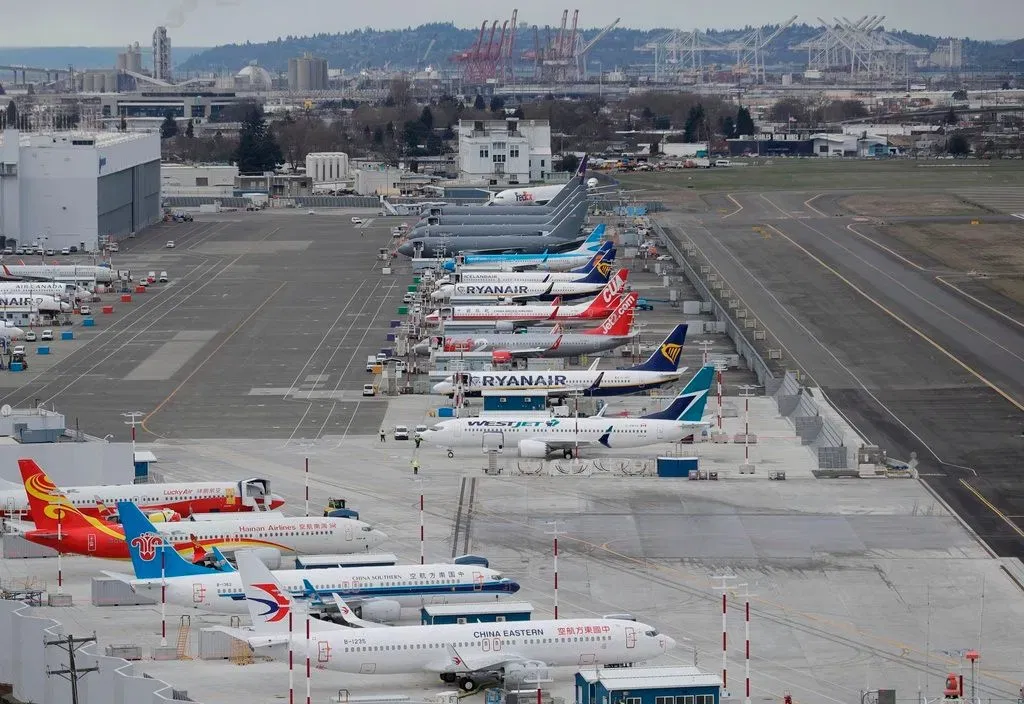A U.S. district judge rejected a plea agreement between Boeing and the Department of Justice over the two fatal crashes involving Boeing’s 737 Max aircraft.
Judge Reed O’Connor raised concerns about the agreement’s lack of judicial oversight and questioned the diversity requirements stipulated in the deal’s independent monitoring process.
He emphasized the need for transparency and oversight in agreements of this nature, which have far-reaching implications. The judge suggested that the deal might not adequately serve the interests of the victims and their families, who have expressed frustration over the lack of accountability.
The two crashes occurred in October 2018 and March 2019, claiming a total of 346 lives.
Following these tragedies, investigations revealed software flaws in the aircraft, which led to both incidents. The events prompted global scrutiny and a nearly two-year grounding of the 737 Max planes.
The plea deal, initially reached in January 2021, was intended to resolve a criminal charge against Boeing for conspiracy to defraud the United States.
The agreement included a $243.6 million fine, $1.77 billion in compensation to airlines, and a $500 million fund for victims’ relatives.
Families of the crash victims have long criticized the agreement, arguing that it allows Boeing to evade critical scrutiny and does not hold the company sufficiently accountable for the crashes.
The plea deal also included provisions related to an independent compliance monitor at Boeing, tasked with evaluating and implementing improvements in its safety culture and practices.
In response to the judge’s decision, Boeing expressed disappointment and maintained its stance that the plea deal was fair and just. The company reiterated its commitment to honoring the victims’ families and ensuring accountability for the events.
The Department of Justice is considering its options following the rejection, including potentially revising the deal or appealing the decision.

